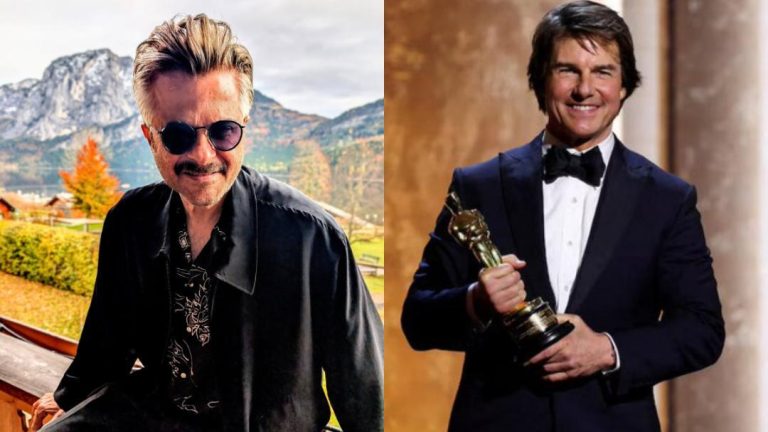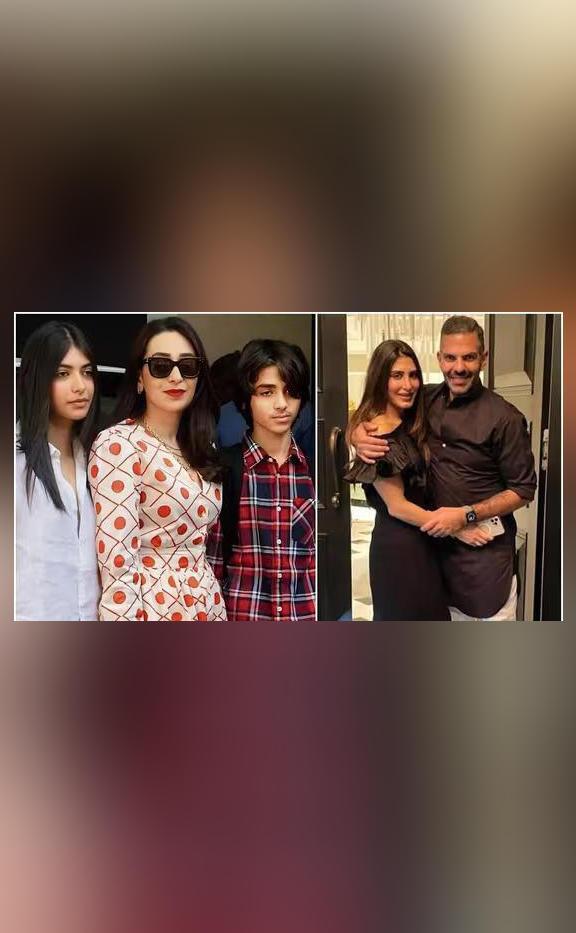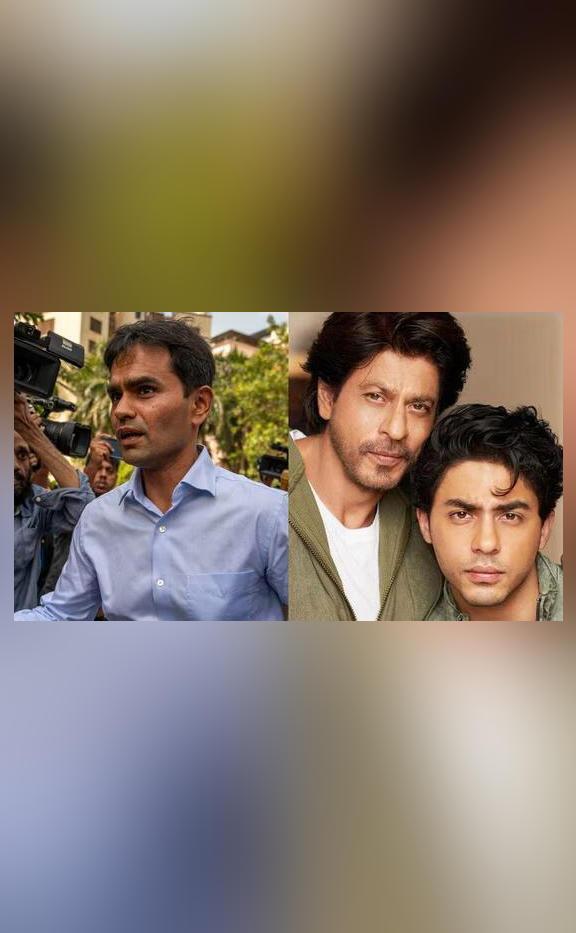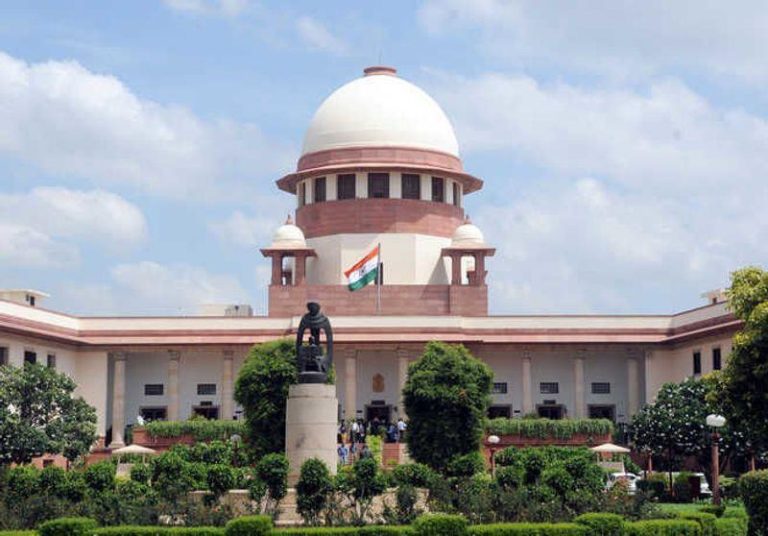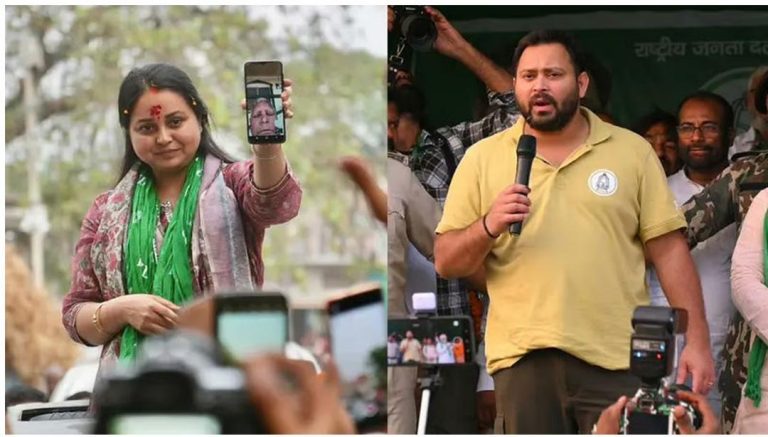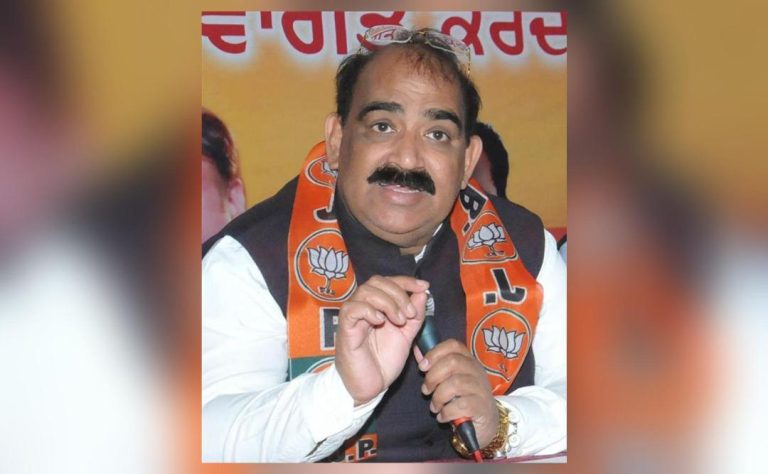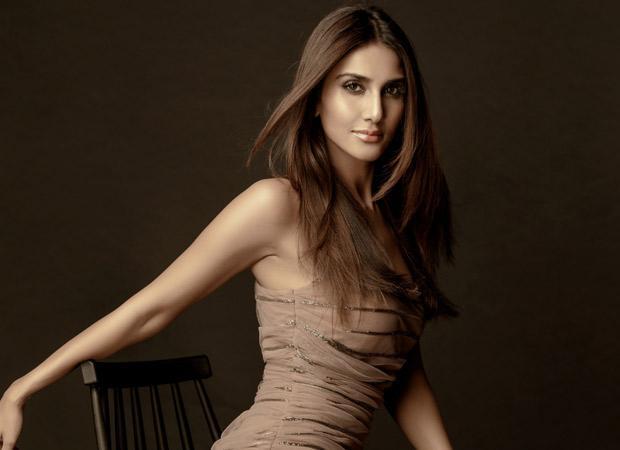
Don’t get volatile behaviour: Vaani on censorship & cancel culture
The film industry is no stranger to controversy and censorship. Lately, the trend of cancel culture has taken centre stage, with many celebrities and artists facing backlash for their opinions or actions. The latest example is the ban on the release of ‘Abir Gulaal’ in India, which has sparked a heated debate about censorship and the impact it has on artists’ freedom to express themselves. Amidst this controversy, actress Vaani Kapoor recently spoke about her views on censorship and cancel culture, expressing her disappointment and frustration with the volatile nature of both.
In an interview, Vaani Kapoor said, “This cancel culture, say one thing wrong, there are calls for cancel and boycott. I don’t get that volatile behaviour.” She further elaborated, “I don’t think it’s necessary to take things to that extreme. We’re human beings, we make mistakes, we learn from them. Why can’t we just have a conversation and move forward?”
Vaani’s comments come at a time when the film industry is grappling with the issue of censorship. The recent ban on ‘Abir Gulaal’ is a prime example of how censorship can restrict artists’ freedom to explore new ideas and tell stories that need to be told. The film, which is a period drama, was banned in India due to its depiction of certain historical events, sparking a heated debate about artistic freedom and the role of censorship in the industry.
Vaani’s views on cancel culture are particularly noteworthy, as she is not alone in her criticism of this trend. Many artists and celebrities have spoken out against cancel culture, arguing that it stifles creativity and freedom of expression. Cancel culture is often driven by social media, where a single misstep or opinion can be amplified and scrutinized, leading to widespread backlash.
The actress further emphasized her dislike for censorship, stating, “I’m not into censorship. I think it sets boundaries for artists. I think it’s essential to give artists the freedom to experiment and explore new ideas. If we’re constantly worried about what society or people will think, we’ll never be able to create something truly original or impactful.”
Vaani’s comments are a reminder that censorship and cancel culture can have a profound impact on the creative process. When artists are restricted from exploring new ideas or expressing themselves freely, it can lead to a stifling of creativity and a lack of innovation in the industry.
The ban on ‘Abir Gulaal’ is a prime example of how censorship can restrict artistic freedom. The film’s director, Abir Sengupta, has spoken about how the ban has affected the team’s morale and creative process, stating, “The ban has been a huge blow to our team. We were all so passionate about this project, and to have it taken away from us is devastating. It’s a setback for all of us who believe in the power of cinema to tell stories and bring people together.”
Vaani’s views on cancel culture and censorship are a timely reminder of the importance of freedom of expression and artistic freedom. In an industry where creativity and innovation are paramount, censorship and cancel culture can be a significant obstacle to success.
In conclusion, Vaani Kapoor’s comments on censorship and cancel culture offer a timely reminder of the importance of giving artists the freedom to explore new ideas and express themselves freely. The ban on ‘Abir Gulaal’ is a prime example of how censorship can restrict artistic freedom, and the impact it has on the creative process. As the industry continues to grapple with these issues, it is essential that we prioritize freedom of expression and artistic freedom, allowing artists to create works that are truly impactful and original.
